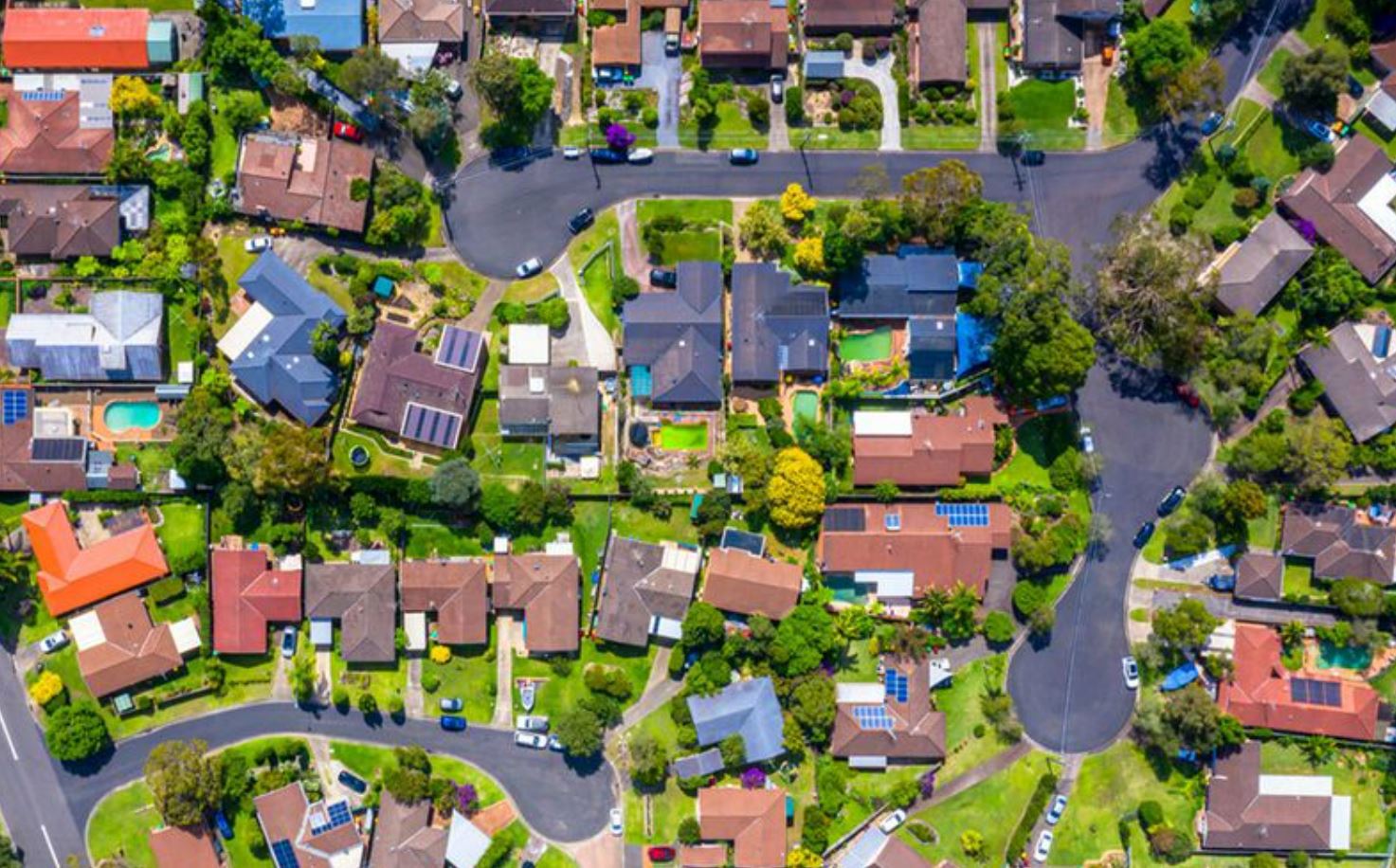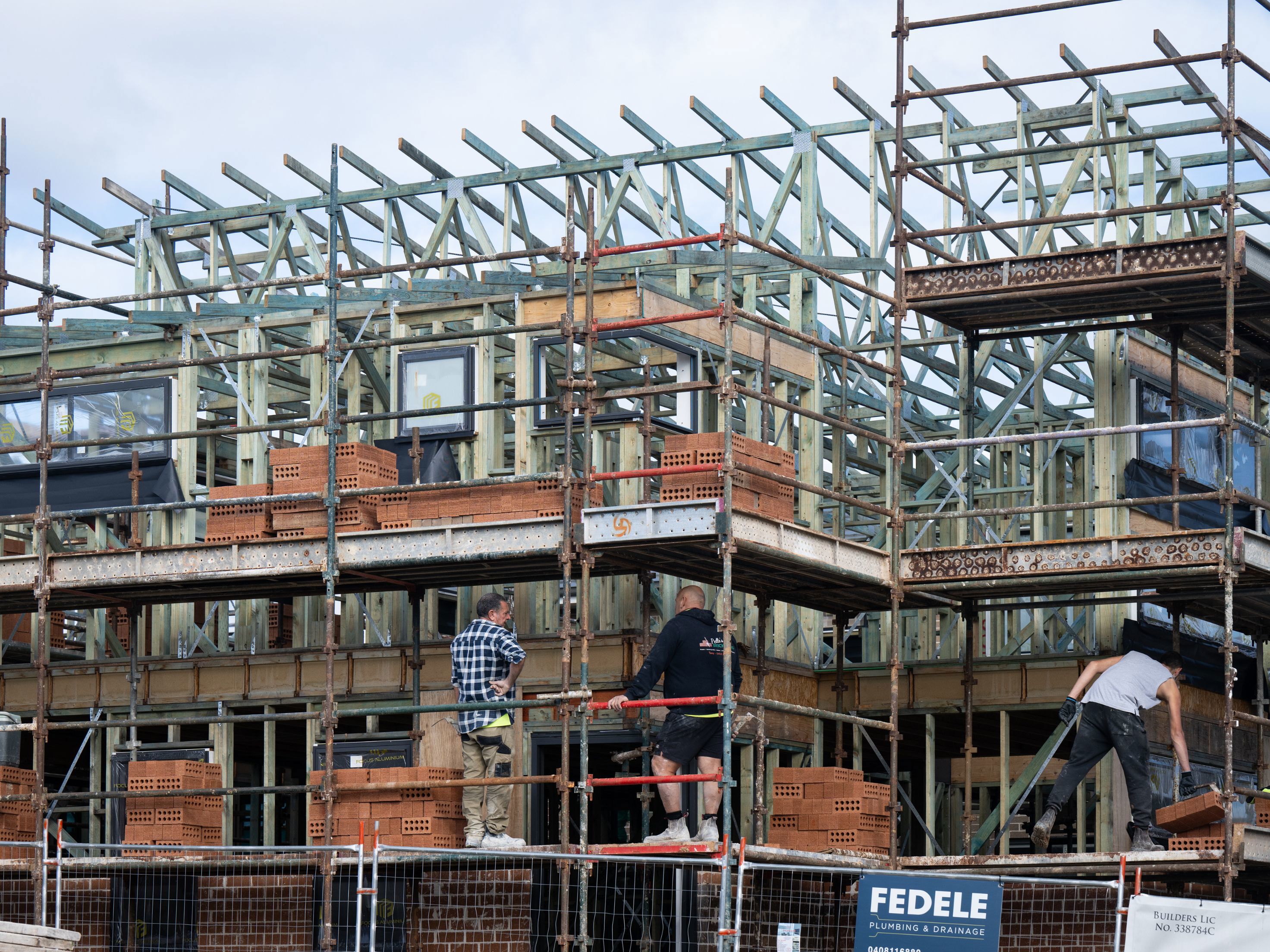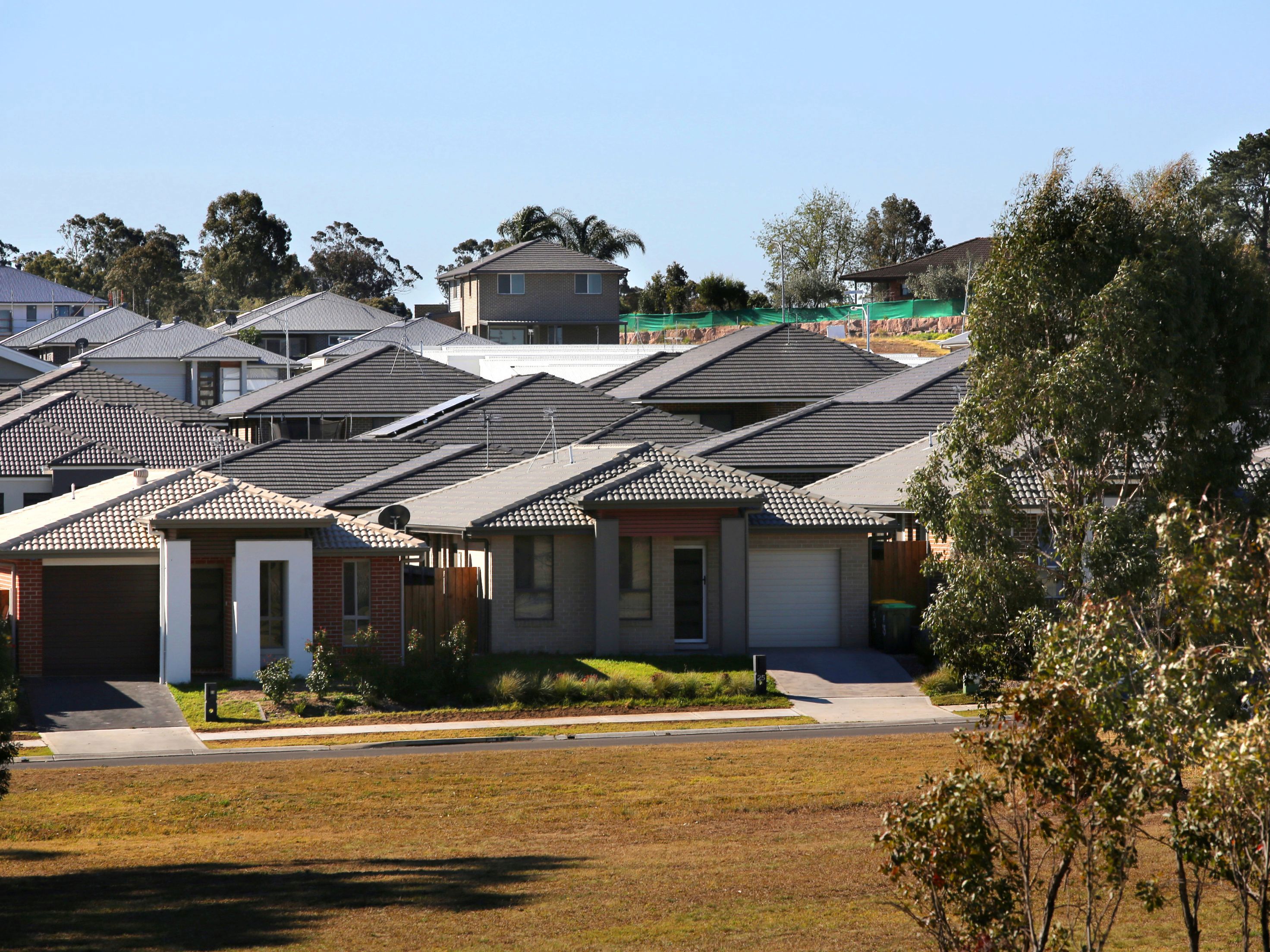The latest statistics on Australia's construction industry have painted a bleak picture of the country's housing shortage crisis.
According to figures from the Australian Bureau of Statistics (ABS), the 2023-24 financial year was the worst in over a decade for new home builds.
New home construction dropped by 8.8 per cent in the past year, amounting to 158,690 new homes.
READ MORE: Young British woman attacked by unknown man on busy Melbourne street
In 2022-23, there were 173,869 new homes built in Australia.
The nosedive for new builds prompted Australia's peak body for construction to issue a warning over the nation's housing shortage.
"If building continues at this pace, we'll be in for less than 800,000 new home starts over the next five years," Masters Builders chief economist Shane Garrett said.
"This would mean a shortfall of over 400,000 homes compared with the National Housing Accord target."
The National Housing Accord has an ambitious target of one million new homes built over a five-year period from mid-2024.
READ MORE: Teenager airlifted to hospital after snake bite on K'gari
The amount of new homes built in the past year has sunk to a number not seen since 2011-12, Garrett said.
New home builds reached a five-year peak in 2017-18, with 229,619 new homes beginning construction that year.
And it's unsurprising given the fresh data issued from the National Centre for Vocational Education Research, which found fewer young Australians are starting apprenticeships.
The number of Australians getting their apprenticeship in vocational trades such as the construction industry plummeted by 8.6 per cent in the 12 months to March.
READ MORE: Australian posties injured once a week delivering mail, data shows
"Low apprentice numbers reflect a shortage of skilled workers across all trades, and until we're able to address the challenges facing the future of the workforce," Masters Builders Australia chief executive Denita Warn said.
"We won't be able to increase building activity and reduce the impact of supply conditions in the residential building market on Australia's inflation problem."






